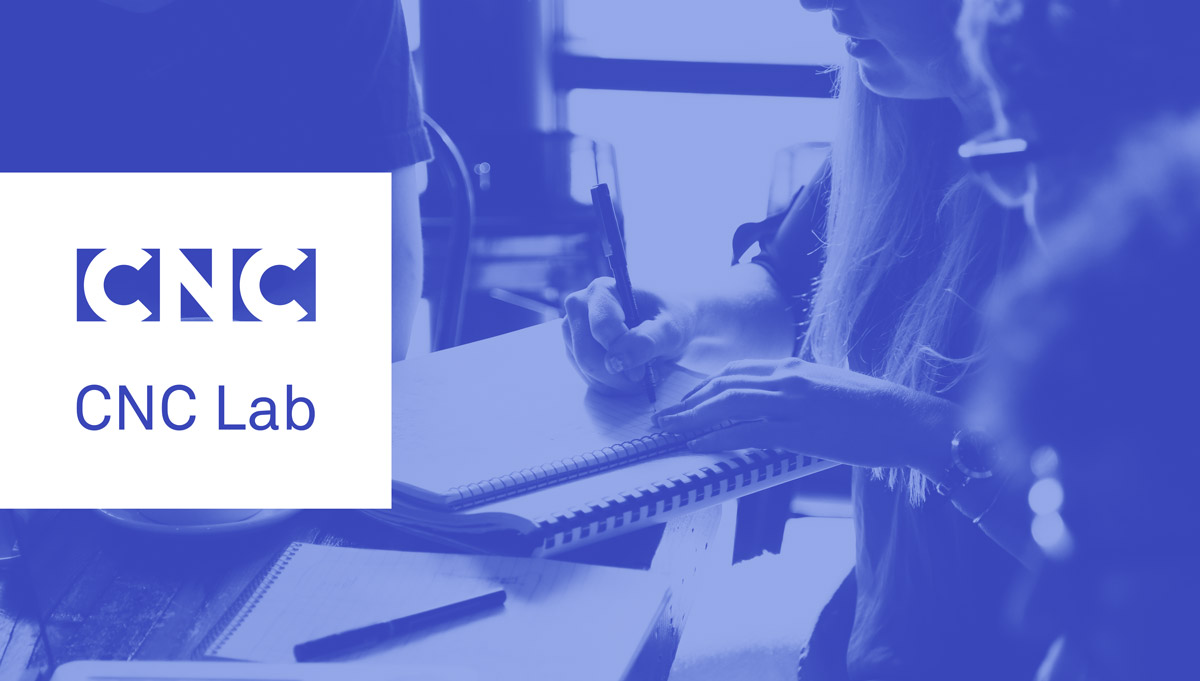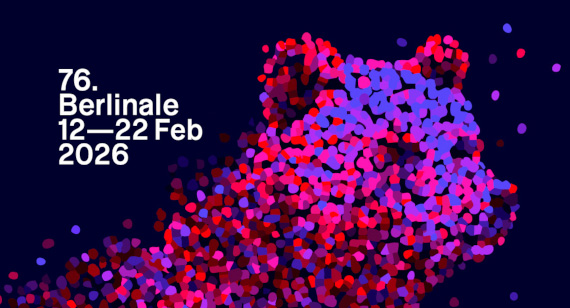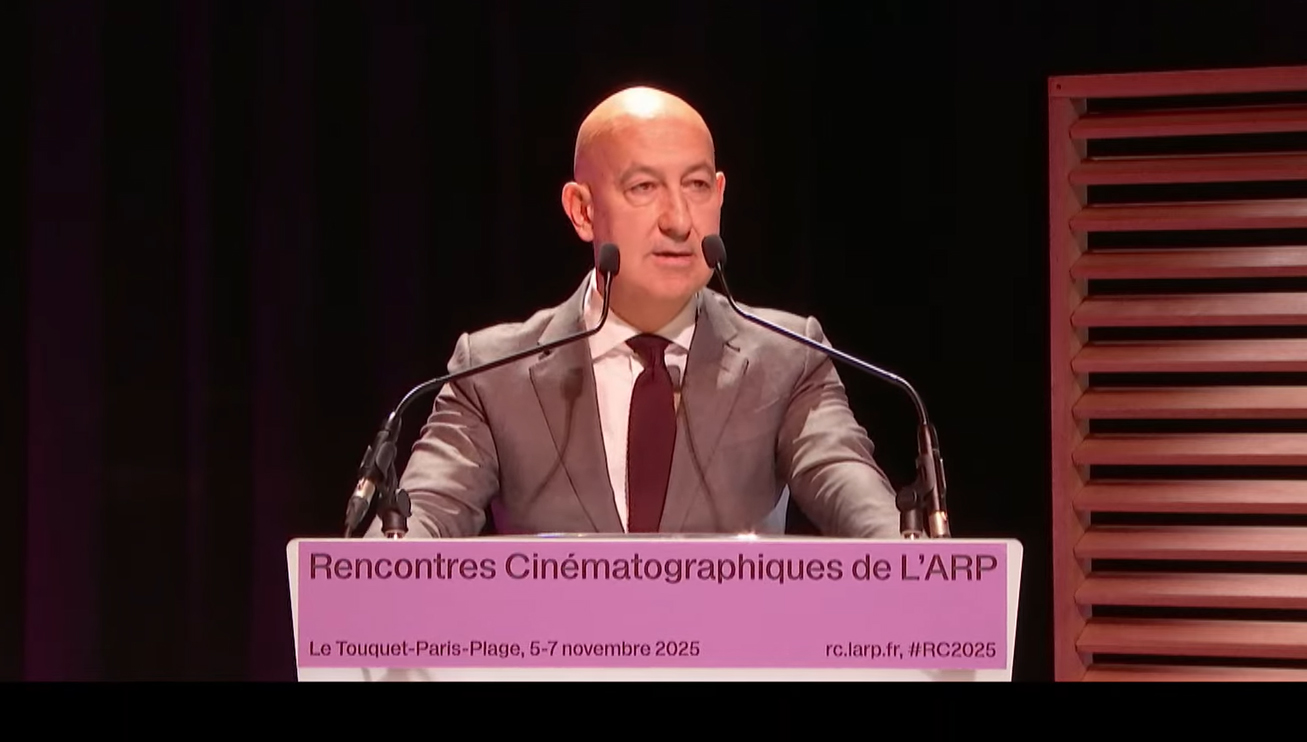CNC Lab objectives
Conceived as a Think Tank, able to build bridges between the world of research and the cinema, audiovisual and video game sectors, the CNC Lab will help:
- nurture the strategic vision of the sectors concerned ;
- stimulate new ideas and approaches relating to the essential missions of the CNC: to support, promote, disseminate, cooperate, regulate, protect, conserve, and enhance moving pictures industries.
Terms and conditions
The CNC calls for contributions for teachers and researchers in human and social sciences, economic sciences, information, or law, who may be French or foreign, on two topics proposed.
- Contributors will be asked to send a note of intent, not exceeding 3,500 characters (including spaces), it must briefly present the authors, the subject proposed, the method used and a short indicative bibliography (deadline below).
- A scientific committee* will select three to five winning projects per theme based on these notes of intent.
- Contributions may be based on work already in existence or in progress, but the proposal must nevertheless be original and comply with the criteria established by the CNC Lab (between 20 and 30 pages, no prior publication).
- A presentation day will be held attended by all the winners and members of the CNC Lab scientific committee and will be open to the public.
The winners will be remunerated for their contribution to the sum of €1,500 per project and their work will be published by the CNC.
2023 themes
1. What is the European imagination?
In a globalised cinematographic and audiovisual landscape, and regarding the broadcasting strategies of the major channels, streaming platforms, and social networks, can we distinguish the specific qualities of a European imagination in audiovisual, cinema and video creation? If so, how does it define itself regarding other imaginations (North American, Asian, African, etc.)?
How can it be characterised (values, aesthetics, representations, types of narratives, etc.)? How does it depend on the production conditions, the economic models, and the regulatory framework in which it operates? Is the same true for cinema, TV series and video games?
If not, why has a European imagination not found its place in the discourse around animated images in Europe?
What conditions would be necessary for it to emerge at both artistic and economic levels? Through which European policies (regulations, support)?
2. Access and dissemination of local productions
What regulatory and support policies (aid as investment obligations) have been put in place other than in France to promote and improve the dissemination of local productions in domestic markets and abroad? Are there, for example, other forms of media chronologies?
What is the impact of these policies on access to works? What examples are there of successfully exporting a national cinematographic and/or audiovisual creation internationally and why have these been successful (South Korea, Scandinavian model, Latin America, Israel, Nigeria, etc.)?
Which financing models are most used abroad (investment in writing, nature of relations between producers and distributors, pre-financing logic, etc.) and ensure better visibility of works in a context of changing consumption patterns and increasingly abundant supply?
Schedule
- Submission deadline of notes of intent: 30 June 2023
- Selection of winners: Second half of July 2023
- Submission of contributions: December 2023
- First CNC Lab day: first quarter 2024
Contact
Biographies of members of the CNC Lab scientific committee
Anne Bellon
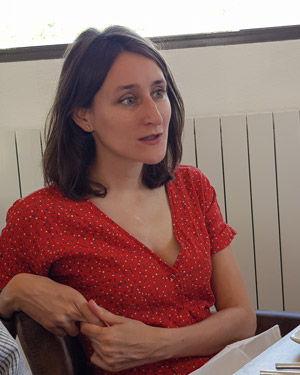
Camille Broyelle
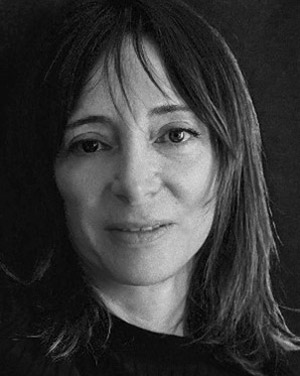
Jonathan Buchsbaum
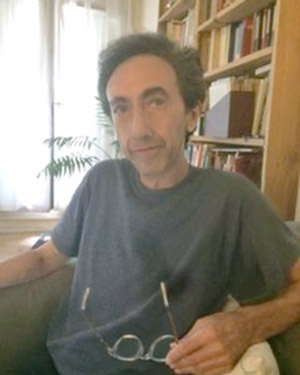
Sébastien Genvo
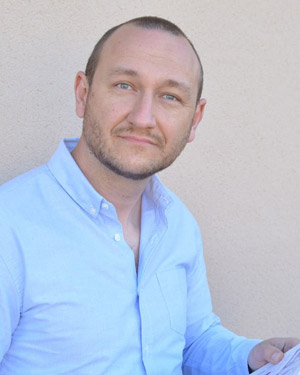
Sandra Laugier

She is a knight of the Legion of Honour (2014) and has won the Grand Prix de Philosophie of the Académie Française (2022).
Thomas Paris
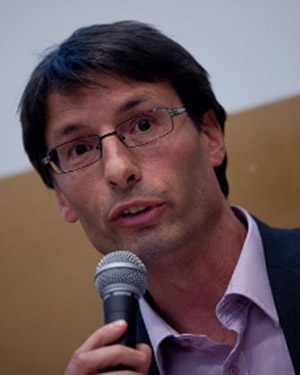
Thomas Paris is a research fellow at the CNRS (the French National Centre for Scientific Research) in economics and management, where he carries out research on the cultural and creative industries (ICC) from the perspectives of processes for creation, organisation and management, sectoral economics and public policies. He carries out his research in collaboration with public and private players in these sectors. He has published numerous articles on different sectors of the ICC, has directed special issues on cinema and audiovisual and video games (Réseaux, DigiWorld Economic Journal, Entreprises & Histoire), and has published several books including Manager la créativité - Innover en s'inspirant de Pixar, Ducasse, les Ateliers Jean Nouvel, Hermès... (Managing Creativity - Innovating with Pixar, Ducasse, Ateliers Jean Nouvel, Hermès...) (Pearson, 2010), La Fabrique des start-up - Maîtriser les clés du nouvel entrepreneuriat (The Fabric of Start-ups - Mastering the Keys to New Entrepreneurship) (with J.F. Caillard, Pearson, 2018, preface by N. Dufourcq), as well as L’Economie du cinéma (The Economy of Cinema) (with Ph. Chantepie, La Découverte, to be published). He is also an associate professor at HEC Paris, and Scientific Director of the MAC (Media, Art & Creation) Specialised Master's Degree.


